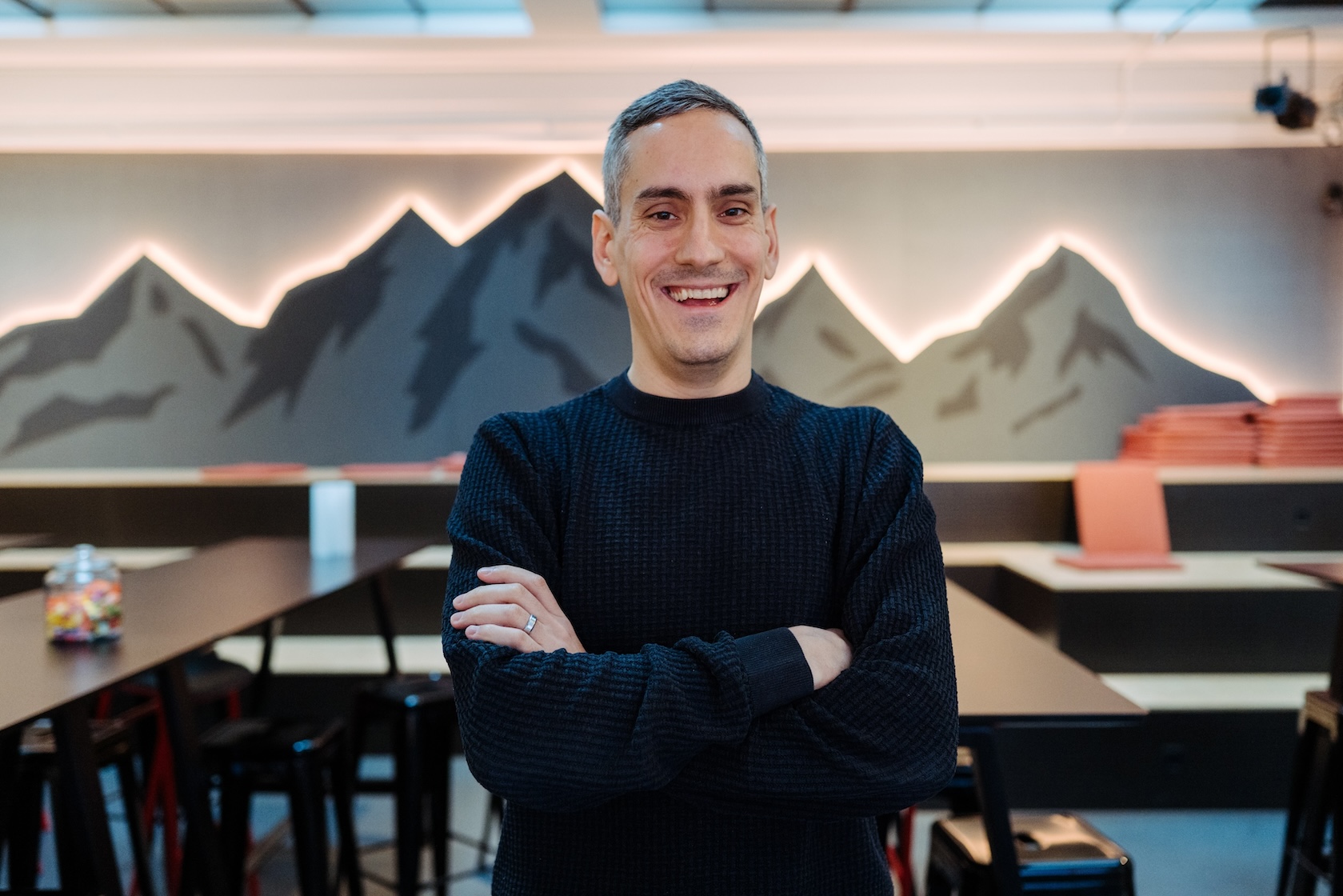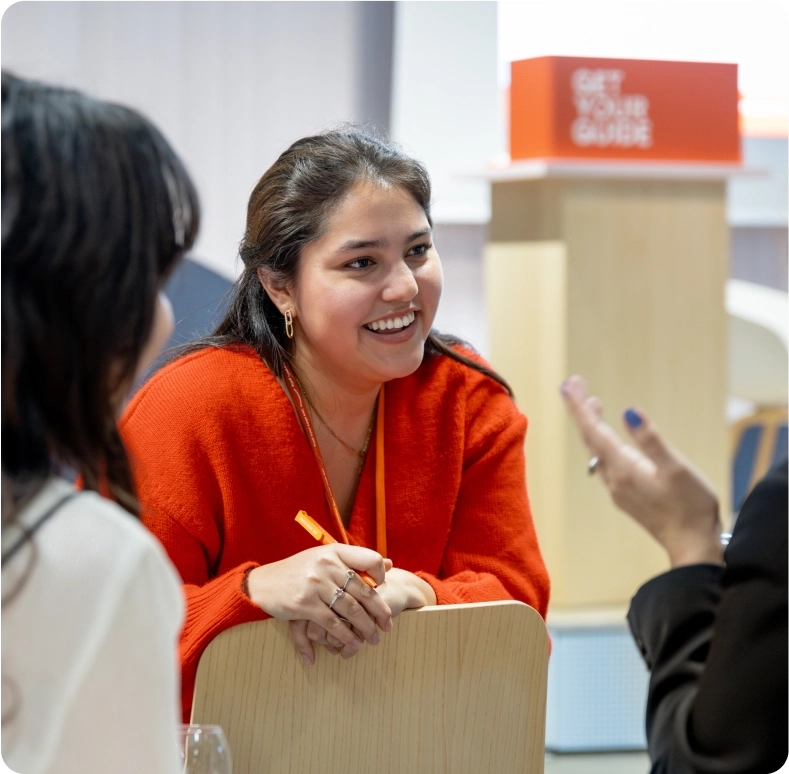How to Scale a New Market from Scratch while Supporting Travel Suppliers
Many things have changed significantly. We shifted from a sales mindset to a pure support attitude.
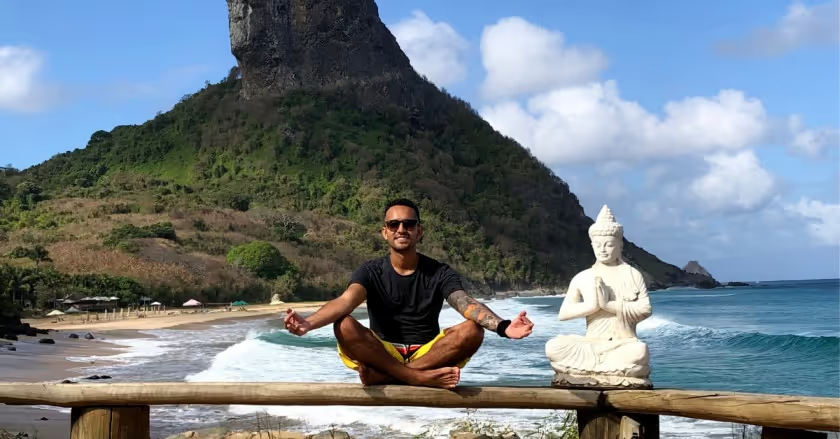
Key takeaways:
Fred Santos, destination manager for Colombia and Chile, had the monumental task of launching Colombia's best tours and attractions onto our marketplace platform. The Brazilian shares his learnings from the launch, his new market entry strategies, how he worked with local suppliers, and how he's supporting suppliers as travel temporarily slows down.
Since the COVID-19 pandemic, how have your priorities changed?
Many things have changed significantly. We shifted from a sales mindset to a pure support attitude. Now the most important thing is making sure customers are not worried about the trips they had planned and that travel suppliers are receiving all the help we can offer.
We're spending more of our time making sure tour and activity cancellations are processed correctly. We also check that tours are not available in respective cities that are practicing social distancing.
If people aren't traveling, what are you focusing on?
I firmly believe that once this period is behind us, there will be a high demand for travel experiences again. We are working hard to come out of this crisis stronger, in a way that we can offer more of the best experiences. By continuing to improve our tours, we focus on how we can eventually return the consumer flow to partners who have been hit particularly hard during these difficult times.
Of course, social distancing affects our work because the business revolves around people going outside and exploring places, but that doesn't mean people can't learn about destinations and put trips on their wishlist. We're currently sharing virtual tours.
Can you describe your role as a destination manager based in Rio de Janeiro?
Similar to a typical sales position, it's about making new commercial agreements and improving account numbers. On a day-to-day basis, I'm calling new suppliers and checking in with existing ones via WhatsApp and phone, supporting them with their needs to improve or maintain the experiences they offer. When I started here, not many people in these regions knew about us, so I would show suppliers the data and explain how we could grow their business.
{{quote}}
Building personal relationships as opposed to relying purely on email or website submission forms is still very important to business culture in Latin America. Currently, we are communicating with travel suppliers through video, phone, or WhatsApp. When travel is possible again, I'll go back to visiting suppliers in Colombia as often as possible in person from our office in Rio. I let them know they can reach me whenever they need support.
You have a diverse career background, how did you get into destination management?
Well, I didn't have any experience in travel, as I started my career in banking, then worked in the retail industry, and ended up in education technology. However, these different experiences all added up to skills I could apply to a sales position.
In this role, you need to know how to build great partnerships, understand what customers want, and be a great problem solver. I lived in the US for 12 years, and speak fluent Portuguese, English, and Spanish, so it certainly helps in a job that requires not just excellent communication, but knowing how to connect with different people.
When I found the job through a Linkedin post, there was an immediate connection to the industry as I have always loved traveling and saw a huge potential to disrupt the industry with GetYourGuide. I also believed I could do a great job as many of the skills required and values of the company matched my personal beliefs of being customer-obsessed, treating employees fairly, and giving you autonomy to make decisions.
What were some challenges you faced working for a European company and giving support to local businesses in Colombia? What are some strategies for entering foreign markets?
There were many challenges, but we found many solutions. It can't be underestimated how important it is to work in the language of the destination and to build relationships with partners to build trust.
Challenge 1: Entering and starting a new market from scratch where no one had ever heard about us
To be honest, it was a bit scary at first. Fortunately, I began my first quarter working with Chile, which already had a previous destination manager. The three weeks of training helped me understand exactly what we look for in a tour or experience, how high our standards are, and I learned a lot from other destination managers.
Strategies for entering foreign markets: I dove into the destination and the travel industry as a whole and asked myself:
- Which cities received the most tourists?
- Who are these tourists?
- What kind of tours and activities are we interested in?
- What is each destination like, and what is specific to each one?
- What were the main sights and points of interest?
- Hidden opportunities: For example, Medellin is only a three-hour flight from Miami, and many people visit on the weekends for its famous nightlife so we could add to these customer experiences.
I have to connect the dots: So if someone is traveling to Cartagena, they will likely go on a boat trip to the nearby islands, if they go to Medellin just for a weekend, they may want to go to the most visited attractions in the city. I wanted to make sure we had the best products for the most visited places. By "the best," I mean, affordable prices, high-quality products, great reviews, clickable pictures, and attractive descriptions.
Be empathetic. You have to connect with people, not just be a great communicator.
Then, there's quality control: When you take over or start a new destination, there may be seven or eight products that are very similar already and tagged in your region. The company is ten years old, so there may be some old inventory that ended up there. This could be confusing for customers to know which to take, so I had to deactivate them. I only kept tours that had a 4.5-star rating and above, were not overpriced, had low cancelations, and reasonable conversion rates.
Challenge 2: Understanding the local operations and how to pay suppliers on their local currency.
When I was still setting up Colombia as a market, we were paying every supplier in USD, instead of in their local currency, Colombian pesos (COP). Transitioning to local currency was a priority because if we pay suppliers in their local currency, they pay less tax, and there is no foreign exchange rate to deal with.
I worked together with the Finance team and Supply Excellence team in Berlin to understand how we can pay suppliers in COP. We partnered with a global payment provider that could transfer payments in local currencies and helped the supplier make the changes on their self-service portal.
What is the best advice on you can give on foreign market entry strategies or someone launching a new destination:?
Be empathetic. As mentioned in the introduction, you have to connect with people, not just be a great communicator. When our partners have a problem, if they were to contact another company through email on a Friday, they usually have to wait three business days for an answer. But by sharing my direct contact with them, I give them a sense of calm that they have someone to count on that will answer them right away.
Have incredibly high standards. Anyone can have one supplier for 15 tours, but we only look for the best. After many calls, visiting many cities, having tons of personal meetings, I would choose 15 of the best suppliers for 15 different tours if they were considered the highest quality. We don't settle for the basics here.
I lived in the US for 12 years, and speak fluent Portuguese, English, and Spanish, so it certainly helps in a job that requires not just excellent communication, but knowing how to connect with different people.
For example, we choose tours that have the lowest cut off times. Cut off means the previous times someone can book for a trip. A two-hour cut off time is great if you want to check if it's a sunny day before booking a day tour, you can book at 7a.m. for a tour leaving at 9 a.m. This is more convenient for travelers and aligns with our standards.
Be a great detective and problem solver. We analyze a lot of data, both qualitative and quantitative. You will be looking through a mix of data from tourism boards or public government data websites.
We used a lot of our internal data to crunch the numbers and analyze different tours to find the best ones. We compare the different cancellation rates, reviews, number of visitors, and so on. You also must find out why some people do or don't book tours after clicking on them.
For updates on our open positions, check out our Career page.
It can't be underestimated how important it is to work in the language of the destination and to work on relationships with partners to build trust.
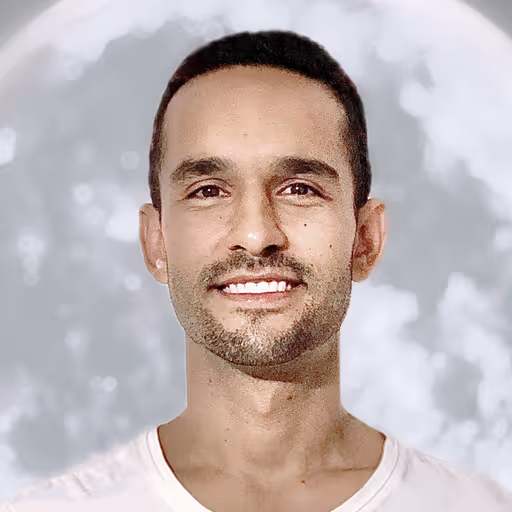
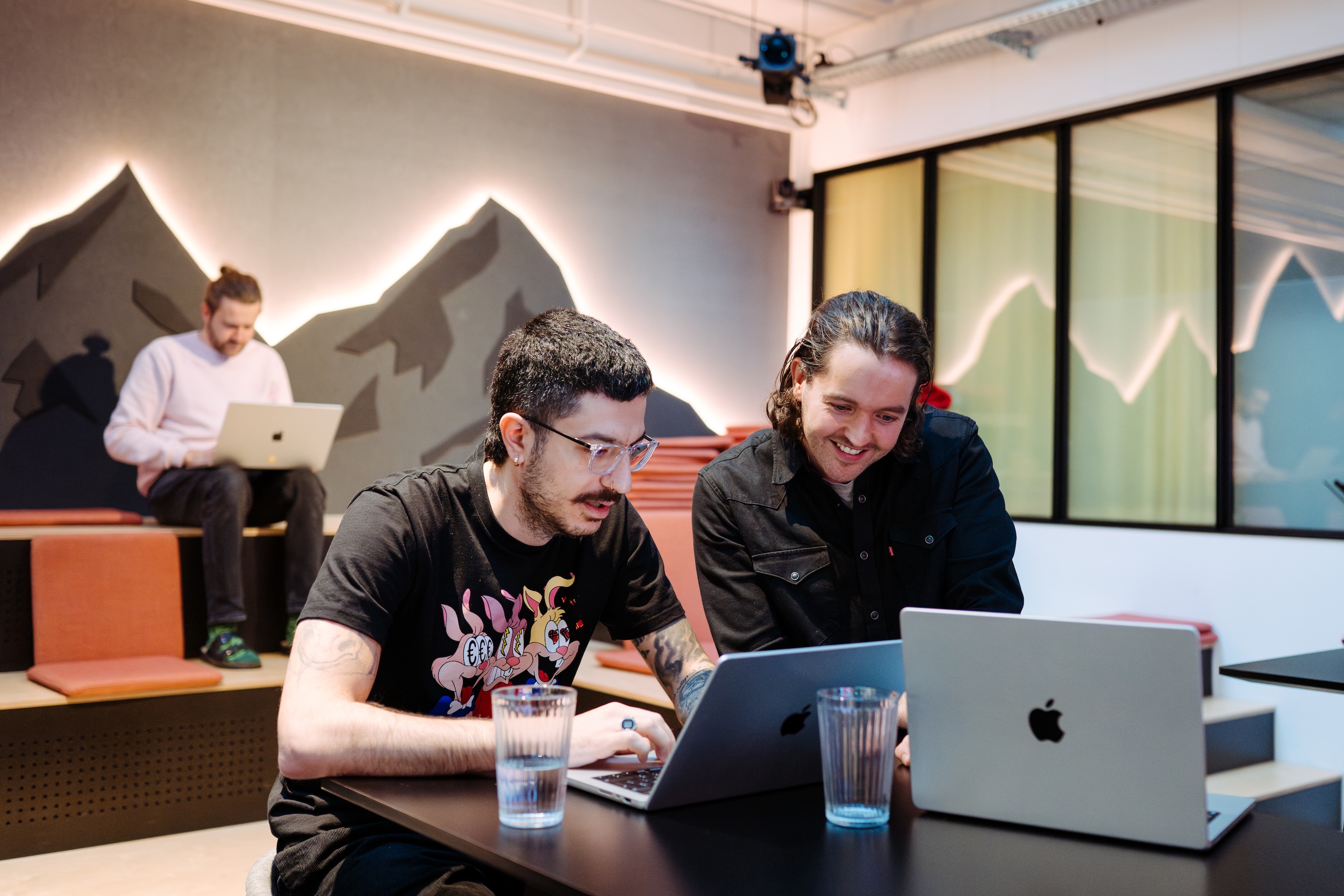

.JPG)
.JPG)
